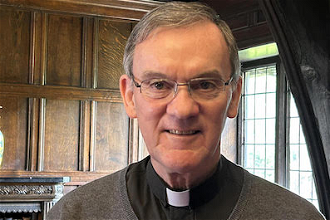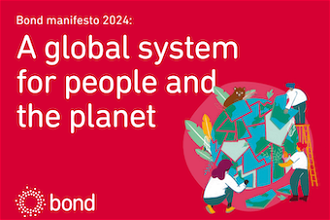Arctic melt down?

In the past few weeks temperature records across the Arctic Circle have smashed every known record in modern times. On 20 June 2020, in the Russian town of Verkhoyansk, the Russian Roshydromet (federal climate recording bureau) reported an air temperature of 38C - a high temperature anywhere, but unheard of in the usually cold Arctic. Does this mean we are heading for a runaway greenhouse effect? Just how alarming is this news?
First it is important to put the news in context. This temperature was recorded in the Republic of Sakha in the far east of Siberia. Contrary to media reports, Sakha has a similar climate to some parts of eastern Canada with long and bitterly cold winters and short, but hot summers with temperature regularly over 20C and infrequently well over 30C. So the shocking stories suggesting the temperatures were 60F or more above average, were misleading. They were comparing a record summer temperature with a typical early winter temperature.
That said we must take the reports very seriously. Firstly, it is clear from global climate modelling that average air temperatures are increasing far faster near the poles than elsewhere on the planet. That is seriously bad news as it will mean a rapid melting of permafrost - the ground found under the top layer of soil, that remains frozen for two or more consecutive years - and the release of methane, which has more short-term potency as a greenhouse gas than carbon dioxide. Secondly as the heat increases, ice cover declines. The rate of Antarctic ice melt is, according to Scientific American, six times as fast in 2020 as it was in 1980 - at over 250 gigatonnes per year. Within our life-times large areas of the Antarctic ice shelf will disappear and the rise in sea level could be upwards of six feet or more according to Yale University. This spells 'unlivable' for vast areas of coastal settlements and their inhabitants around the world who will have to move. It also has implications for global ocean currents which have a huge influence on weather patterns and therefore food production; and of the abundance and location of fish species which millions also rely on for food.
So, while the reports of extreme heat in the Arctic were more complicated than some headlines presented, we should be deeply concerned by the direction of travel and the speed at which our poles are warming and melting. Much faster international action is required to avert runaway climate change. As the UK prepares to host the delayed UN climate negotiations, COP26, in 2021, the British government has a heavy responsibility to galvanise action commensurate with the climate emergency. Major, visible and persistent British public support for this is essential.
We Christians have a unique opportunity to demonstrate the right action in our own Churches and to join with others in urging faster action by the Westminster government 'at home', as well as bolder ambition for COP26.
One way of doing so is to organise a Climate Sunday at your church anytime from 6 September as part of the Climate Sunday initiative, of which A Rocha UK is a founder member. Find out more here: www.climatesunday.org
Andy Lester is Head of Conservation at Christian environmental and nature conservation charity, A Rocha.





















